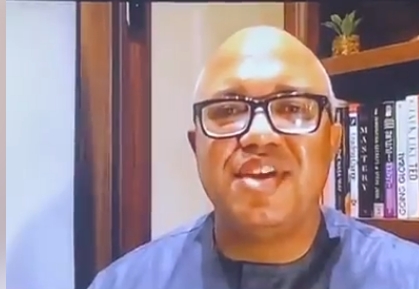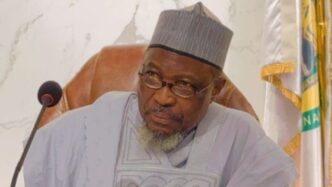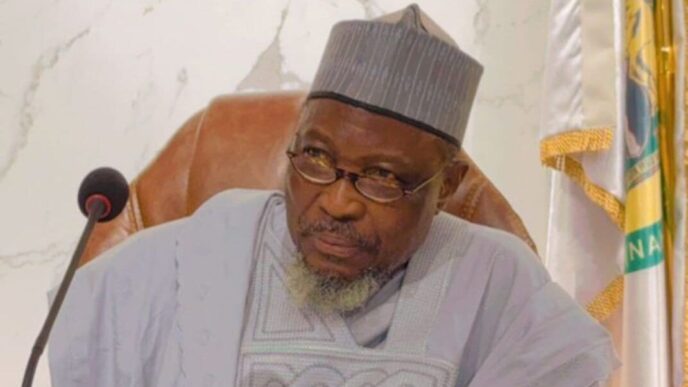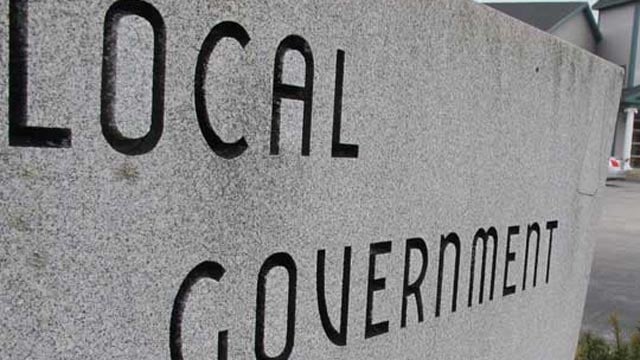BY ENIOLA AKINKUOTU
The year 2020 was an annus horribilis. For those wondering the meaning of the word, it dates back to 1891, but it returned to modern use when the late Queen of England, Elizabeth II, delivered her speech at the end of 1992 wherein she described the year as one she would rather forget.
In the said year, the Queen’s household witnessed unprecedented chaos. Her only daughter and princess Royale, Anne, got divorced but that was not all.
The Queen’s second son, Prince Andrew, and his wife, Sarah – the Duchess of York – parted ways in a highly publicized manner which saw the press publishing Sarah’s nude photos.
Advertisement
A book on England sweetheart, Princess Diana, exposing the affair of her husband and future king, Prince Charles, with Camilla Parker Bowles – a married woman – meant that all of the queen’s children who were married at the time, were getting divorced. To top it off, fire gutted Windsor castle, destroying 115 rooms. It was indeed an earth-shattering year that almost demystified one of the world’s most revered institutions.
But in hindsight, the Queen’s travails were nothing compared to what the world would witness in 2020, giving the word ‘annus horibilis’ a more vicious meaning. The COVID-19 pandemic was a cataclysmic event which threatened the very existence of mankind and led to the deaths of millions, upending the economy and worsening global poverty.
Sadly, four years later, its direct and indirect effects are still being felt across the world. The economic problems caused by the pandemic left long term effects that are also affecting the political system of the world. Many countries with high poverty rates and weak political systems witnessed coups from Mali to Burkina Faso, Guinea and Niger as well as coup attempts in countries like Guinea Bissau and Sierra Leone.
Advertisement
In countries with more formidable democracies, the consequences of COVID-19 helped accentuate existing economic challenges which have begun altering the political order. In the west, the economic consequences have triggered a wave of anti-migrant sentiments and deepened right wing nationalism with ruling and liberal parties in several countries losing elections.
From the United States to the UK, France, and Germany, wealthy countries are having to cut down on spending due to budget deficits. This means that these countries are making fewer donations to less endowed countries. When the Ukraine/Russia crisis is added into the mix, statistics show that donations to Africa have dropped to a 20-year low. This is expected to exacerbate the continent’s existing challenges.
Prospects for a robust global economic recovery remain dim as the lingering effects of the COVID-19 pandemic carry on, according to the UN’s World Economic situation and prospects report. Sadly, like a mother quickly forgets the pains of labour after being delivered of a baby, the world has confined to distant memory, their experiences of the COVID-19 pandemic.
The book, ‘An Imperfect Storm’ by erstwhile Nigerian CDC boss Chikwe Ihekweazu and his wife, Viviane, thus helps to preserve history and puts into recent context the happenings of the time albeit from a Nigerian perspective.
Advertisement
The 263-page memoir offers a periscope of the challenges and successes encountered in the COVID-19 response of Africa’s largest country.
It also puts into proper perspective the gravity of the COVID-19 challenge vis a vis the capacity of Nigeria. Chikwe in short, transformed a backwater government agency without a website or a functional reference laboratory in 2016 to one of Nigeria’s most vital and efficient government agencies by the time he was exiting in 2021.
Although COVID-19 is the central theme of book, it is interspersed with events in Chikwe’s personal life starting from when his parents met and fell in love in Germany to their return to Nigeria shortly after the Biafra war to contribute their quota to Nigerian society as well as how his decision to become a medical doctor was influenced by his father being a physician choice. He also narrates how his mother’s death in a car accident altered his life.
Chikwe exposes how Nigeria’s failure to invest in the health sector coupled with politics undermined the country’s preparedness to tackle COVID-19 at the early stages and how sheer doggedness on the part of NCDC staff helped avert a doomsday prediction.
Advertisement
Akinkuotu is a journalist based in Abuja
Advertisement
Views expressed by contributors are strictly personal and not of TheCable.
Add a comment










